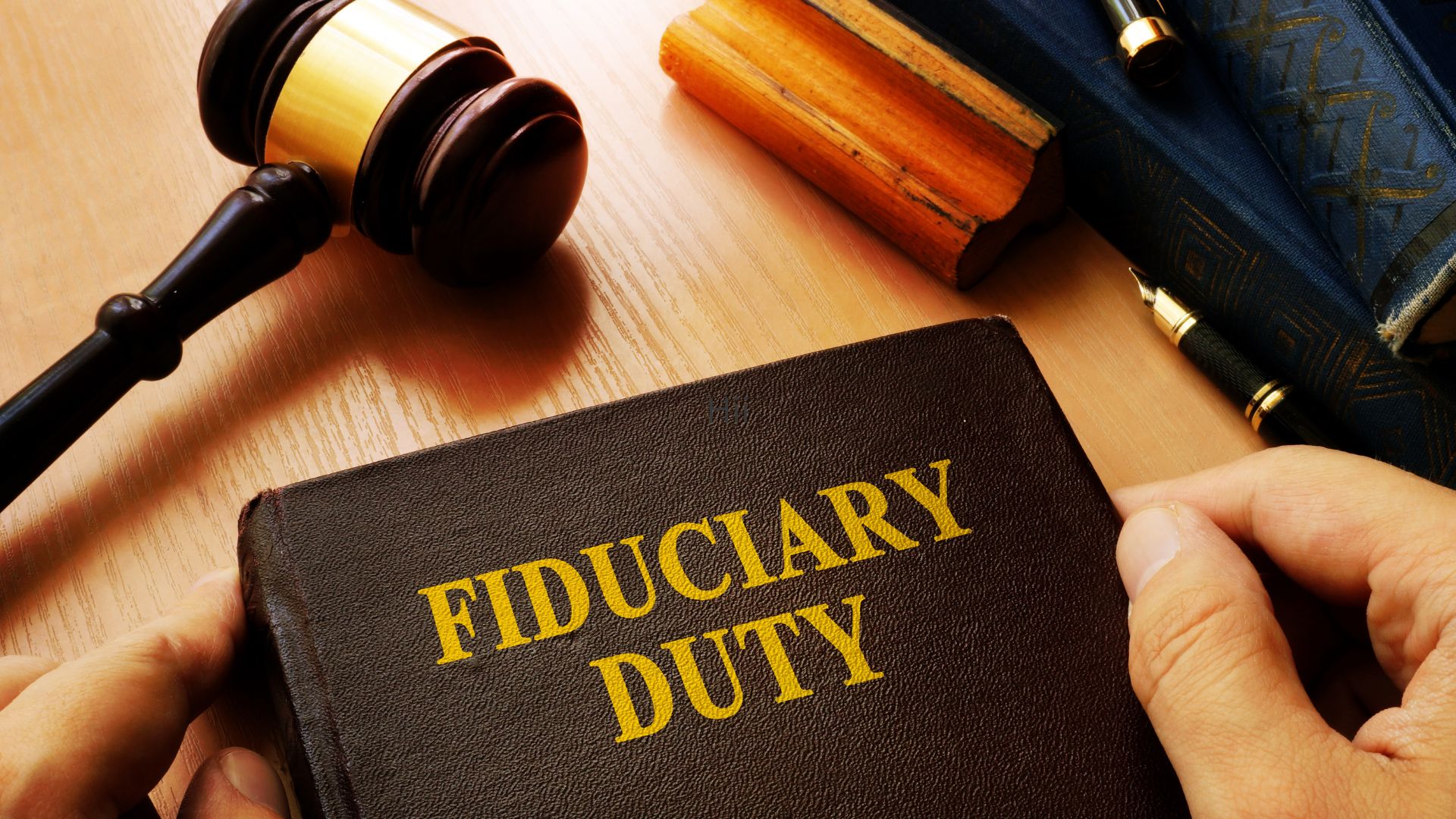Public Adjuster Bonds: Everything You Need to Know
Estimated Read Time: 3 minutes03-02-2023
Are you looking to become a public insurance adjuster? You may be required to obtain a public adjuster surety bond.
Public adjuster bonds are required in 33 states to protect the state and citizens from any unlawful behavior that leads to financial loss. The article covers everything you need to know about public adjuster bonds.
Why Are Public Adjuster Bonds Required?
Public adjuster bonds (sometimes referred to as public insurance adjuster bonds) are required by law to practice business in several states—it is vital to look into your state and local requirements to determine if a bond is applicable to you.
Public adjuster surety bonds protect your customers from financial damage caused by unethical business practices.
Since this bond represents the best interest of your clients, it is important to act in line with the law and provide authentic service to your customers. The security of having a public adjuster bond and consistent service is the key to demonstrating high professionalism.
Public Adjuster Bond Cost
The bond cost varies based on the bond limit, which is set by state laws. The cost is also determined by the public adjuster’s credit score and previous financial statements which helps the underwriter recognize the likelihood of the bondholder repaying the surety company in the chance of a valid claim—more on this later.
The bond limit is different from the bond premium. The bond limit is the maximum amount the surety company will cover, while the bond premium is the amount you will pay to obtain your bond from the surety company.
The bond premium is only ever a small percentage of the total bond limit, but the limits can range from $1,000 to around $50,000 depending on the state you are conducting business in.
Public Adjuster Bond Claims

Bond claims may be filed against the bondholder if they cause any financial harm to the state or its citizens. Some events that would cause a public adjuster bond claim include:
- Failing to fulfill contractual obligations
- Committing erroneous acts
- Committing fraud
- Engaging in unfair practices
The majority of the time, the damaged policyholder would have to first file a complaint with the obligee (the state regulator), who would then investigate the complaint. If found guilty, the obligee may order the public adjuster to resolve the problem and eventually would only officially file a claim with the surety company (Jet) if the violation remained unresolved by the licensee.
Once a claim is deemed valid, the surety company will further investigate and determine the claim’s validity before compensating the claimant (person or entity harmed). Because claims are only paid out for intentional and negligent acts, as the public adjuster you are ultimately responsible for repaying the surety company for the full amount. For more information on the claim process read our Public Adjuster Bond Claims Guide.
Final Thoughts
As public adjuster bonds are mostly renewed annually, it is important to keep track of your renewal date to avoid any chance of lapse in coverage.
Jet is here to help you get your public adjuster bond as quickly, easily, and affordably as possible. Have additional questions or want to get a quote? Give us a call at 855-296-2663, utilize our customer service chat, or click the button below to get started.


